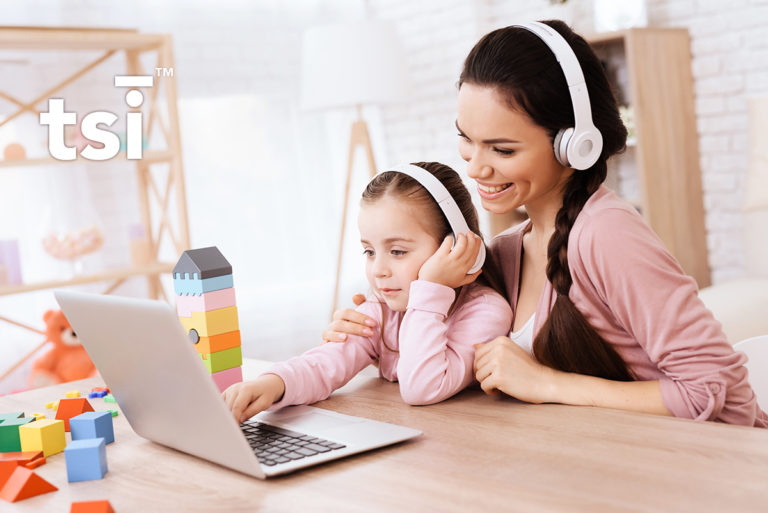The Cure and Prevention of Parent “Burn Out”
by Ellen Doman
 It’s January, a rough time of year for parents as teachers, as well as for the kids. The holidays are over, and everyone is frequently stuck indoors for longer periods of time. It is, in fact, the most common time to hear about “burn out.” It’s a funny thing about parenting, there are not a lot of breaks. It is the true full-time job. If your child is not successful, it produces lots of stress. If you are not getting things done with your child, it can produce stress, frustration, and fatigue. So let’s fix that, shall we?
It’s January, a rough time of year for parents as teachers, as well as for the kids. The holidays are over, and everyone is frequently stuck indoors for longer periods of time. It is, in fact, the most common time to hear about “burn out.” It’s a funny thing about parenting, there are not a lot of breaks. It is the true full-time job. If your child is not successful, it produces lots of stress. If you are not getting things done with your child, it can produce stress, frustration, and fatigue. So let’s fix that, shall we?
First of all, do you know why you are doing each and every piece of program with your child? Could you explain it to someone else? Do you have an anticipated improved outcome from that activity? What is it designed to do, and what are you looking for in the way of improvement? What are the nuances of your child’s program? If you cannot answer these questions, please take notes in your next evaluation. Contact your coach and find out what you do not know. The program activities are meaningful with expected outcomes. Going through the motions of doing them without understanding why you are doing them leads to poor outcomes. Be successful. Be well-informed.
Get organized so you get things done. Use your new planner to help you organize your day. There is true gratification in getting everything or nearly everything done. Your planner isn’t just for program. You can fit the other things you need to do on there as well. You can make planners for the siblings to help, or the sitter to help, or your spouse to help. If you know what to do, why you are doing it, and the progress you expect to see out of it, then you will be much more successful, more enthusiastic, more motivated.
Keep your eye on the future. You are working today to keep doors open for your child tomorrow. Can you visualize that? Today’s work isn’t about today. It is about ten years from now. It is about the quality of life that your child can achieve. Look at the impact that your education and upbringing had on you. Look at what you could have achieved or what you have achieved as a result of that.
The need for new input, new experiences is real. Get out of the house. Go to new places, see new things, and enjoy it. For your child, it builds intensity and leads in many cases to increases in language. Don’t be afraid to go to some places that you really love. Your happiness and enthusiasm are important as well. Make a list of interesting places to go, and then make sure that you go to them.
Exercise and sleep are two things that you need in order to keep going. You also need a bit of downtime to read or listen to books, talk to friends, or soak in the tub. Downtime spent on the internet should not be confused with relaxing and refreshing yourself. Pick up the phone or go see a friend or relative. Find an aerobic activity that works with your schedule and do it. Learn new things. You need stimulation in order to be happy and think clearly. Do Simply Smarter because we all need to keep our processing as good as possible.
If you feel really stuck and have tried all or most of the above, get yourself evaluated. We all need help from time to time. We have a lot of responsibilities, and day-to-day life can get overwhelming at times. An evaluation will help locate trouble spots and help you to understand what changes can be made to make life easier through better thinking and functioning.




